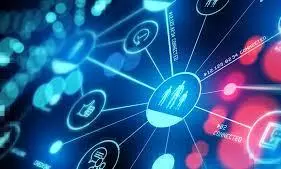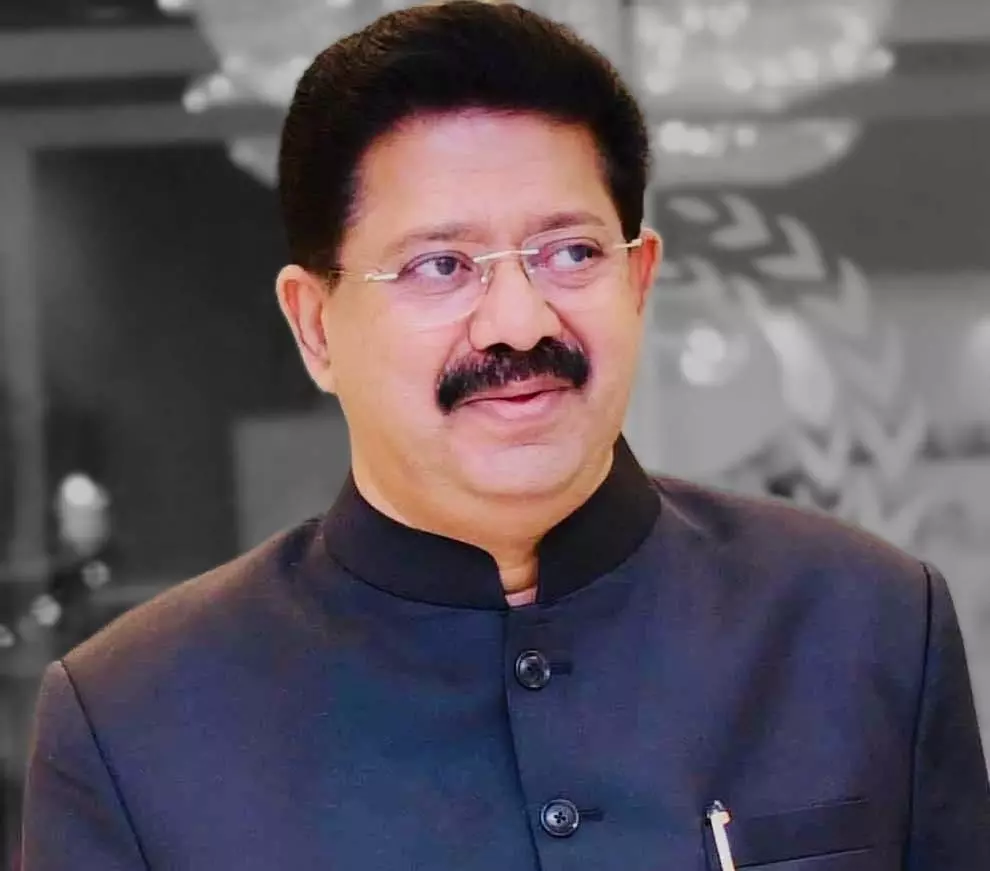
Paying attention to the digital age
text_fieldsIn the 1950s, a room of moderate size was required to accommodate a computer.
Now everyone owns a smartphone, technology's advances will be imperceptible and Today's smartphones are better computing than those used by NASA during the Apollo 11 landing mission!
Smartphones play such a crucial role in our lives. For many smartphone owners, checking their phones is among the first and last things they do every day. We make sure that it is within our reach always.
Our attachment to our phones can also be highly emotional. We are becoming over-dependent, or even possibly addicted, to our phones. When we realise, we have forgotten our phone or left it behind somewhere. It can be uncomfortable, some people experience significant stress and anxiety when they are separated from their phones and can even exhibit withdrawal-like symptoms, comparable to those usually seen when someone has an addiction.
The smartphones we use have a lot of information about our habits and relationships. But how secure is that data?
Not at all because the owner of that phone is not the only one who can access personal information, our phone is acting weirdly. In fact, a person's mobile phone acts like a spy who knows exactly what he is doing and whereabouts of you are exactly what is being leaked from smartphones.
According to a MacAfee report, 80 percent of Android apps check our online activity and collect our location data without our permission.
But do we have to worry about our location privacy? Who wants to know where we are and the whereabouts?
Let us illustrate this with an example.
In 2012, a Russian company launched an application called 'Girls Around Me'.
It provided users with an interactive map displaying their nearest Facebook profile pictures, status updates, and check-ins. The app has been approved by Google Play and even the Apple App Store!
Technology has already been developed that enables you to access the calls made on your Android phone and use your conversation and the surrounding sounds to create targeted ads. Suppose you make a call while listening to AR Rahman's music, and the next time you google something, an ad about his other music album may pop up.
Many of us do not read the standard agreement that gives companies like Google the right to scan the contents of our mail to reach the Targeted ad to us, instead of giving us free email service. Many of us are almost ignorant about this.
We live in a world where one has created a surveillance zone around with the increasing need for technology and security. Privacy and even the memories that are kept private are being leaked from us.
A documentary about someone's life can be made using data and pictures from their phone. We live in a world where nothing is left secret.
It can be said that only communications that are exchanged in person are extremely secure.
This is the age of social media live, which is always considered great to be connected and expose everything we have to say. But what happens when everything is literal and visual? How do we explain a concept like 'respect' that cannot be found in Google images? The nuance in life disappears. The universes of the abstract is unable to be explained.
According to a study by the Human Computer Interaction Institute, only 5% of users of many video games and apps know that the app collects their location and other data and sells it to advertising companies. These companies are using this information as a forecasting tool to determine the future and our purchases.
How do Google, Facebook, Twitter, YouTube and LinkedIn provide us with their services absolutely free?
Most of us think that they earn money from advertising. But that is only part of it. In fact, we are not really their customer.
Rather, we are their product and primary source of income. Today, everything is connected via iCloud or Google products. The greatest price we pay for all these free services is our privacy!
How many of us know that Google has the sole right over the photos and documents stored in Google Drive by accepting the terms and conditions. If Novelist Benyamin had written 'Goat Life' using Google docs, Google can claim the rights to the book and ask revenue on it!
According to a recent study by the Rand Corporation, cybercrime is more organized. While cybercriminals from Russia, Romania, Lithuania and Ukraine are focusing on financial institutions, Chinese cybercriminals are experts in intelligence theft. Today, as everything is globalized, cybercrime is bound by international networks. We need to be extremely careful about what we post online. When posting about our vacation or trip on Facebook and Twitter, we need to keep in mind that we are unknowingly opening the door to potential dangers.
Privacy issues In addition, new technologies have far-reaching implications. Development in the fields of artificial intelligence, nanotechnology and synthetic biology will forever alter humanity's path. There is no doubt that the rapid development of knowledge will change the way forward for mankind.
We have to decide, How many of these technologies we need in our life. For example, when a driverless car comes to our country, we have to make sure how safe this technology is in our lives.
Can we give our family life in a car that runs a system which can hack easily?
We have to make use of new technologies with great care. How should we live, what should we share with others, and what are the ways we should choose to expose the dangers of transparency? Privacy has the right to decide all these things.
But in today's surveillance capitalist age, those rights are taken away from us without our knowledge, understanding or consent and are used to create products designed to predict our behaviour. These products are then sold to new markets called "Behavioural Future Markets".
At each stage, our lives are more exposed to others without our consent. When we lost the Decision-making rights privacy and self-determination are lost.
They will be lost to us and fall into the hands of another faction.
Google is an example of a company that collects our own 'decision rights'.
As in the case of the voting machine in our country, its Indian variants will be seen elsewhere. The Rights to make decision is fundamentally political. These are the centres of political power in institutions that we have not authorised.
There is a widespread perception that the information age endangers privacy and security. Even when discussed around the world, there are no steps taken to protect privacy in the cyber world.
A political environment needs to be formed globally where privacy can be defended, protected and declared as a human right. Or else protecting the privacy of the information age will be a critical issue that must be resolved.























